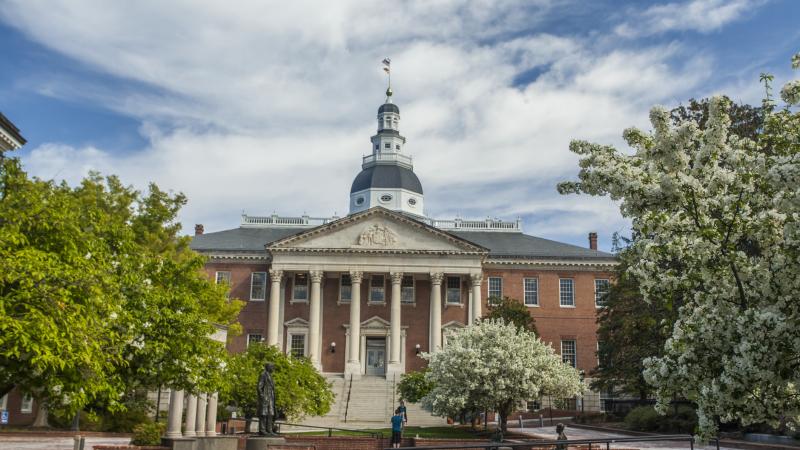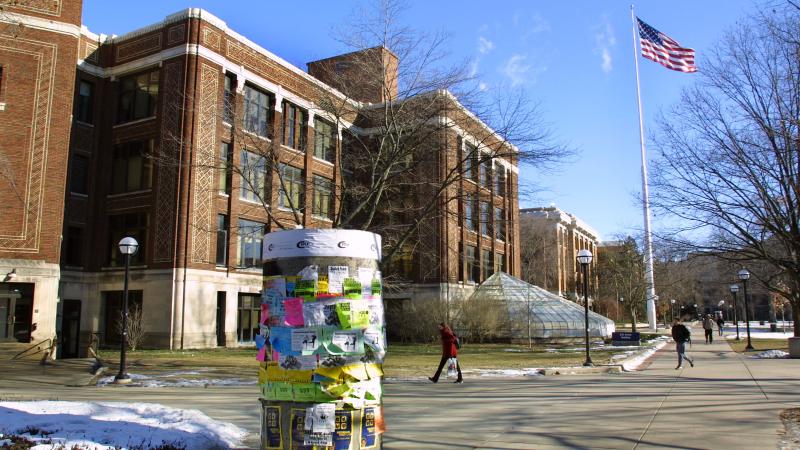Seattle reaches settlement with chemical giant Monsanto totaling $160M
Seattle’s payment is the largest settlement of its kind that the company has paid to a single city.
Seattle will receive $160 million from chemical giant Monsanto for its role in polluting the city's stormwater and the Lower Duwamish with toxins. That is the largest settlement of its kind that the company has paid to a single city. The settlement is the result of a lawsuit filed in 2016.
Seattle City Attorney Davison participated in mediation that concluded with the settlement last month.
“Our office has been able to deliver a great result for the City of Seattle and defend our beloved Duwamish waterway,” Davison said in a news release. “We all play a role in protecting our environment and I am glad that Monsanto will contribute to this important environmental cleanup.
Davison’s office said that Monsanto was aware of the toxic danger that polychlorinated biphenyls, or PCBs, posed to humans for decades. Despite this, the company continued to promote their use in a wide range of products.
Monsanto ceased manufacturing PCBs in 1977, and the chemical was banned in 1979. Davison's office said that the chemicals continued to exist in exterior paint and caulking remaining on buildings. This resulted in stormwater contaminated with PCBs continually flowing into the Lower Duwamish River.
Monsanto was bought by the German-based company Bayer in 2018. A Bayer spokesperson told The Center Square in an email that out of the $160 million, $35 million will go toward PCB remediation and the remaining $125 million will reimburse the city for several unique claims in the case, including a portion of Seattle's contribution to the federally mandated Lower Duwamish Waterway Superfund clean-up, which covers multiple pollutants, and legal costs in this protracted litigation.
“The City of Seattle’s case is an outlier as no other pending municipal opt-out PCB case against Monsanto involves similar circumstances,” the spokesperson said. “Monsanto previously reached a nationwide class action settlement with 2,500 local government bodies.
The settlement results in the dismissal of the city’s pending case and contains no admission of liability or wrongdoing by the company.













